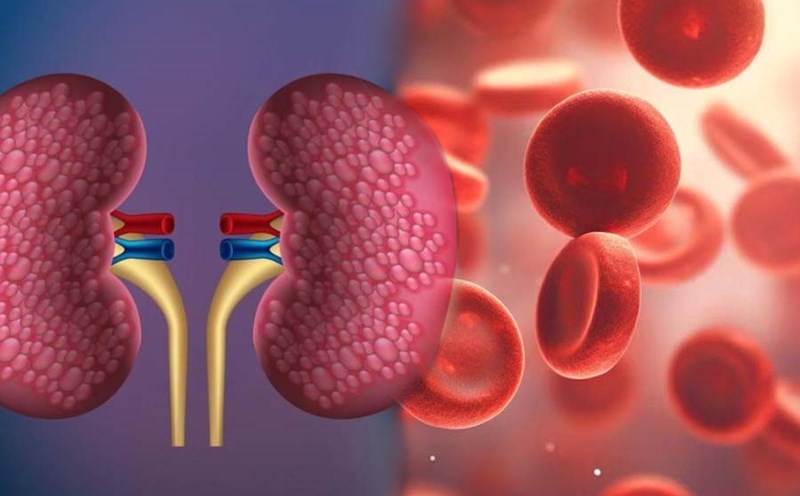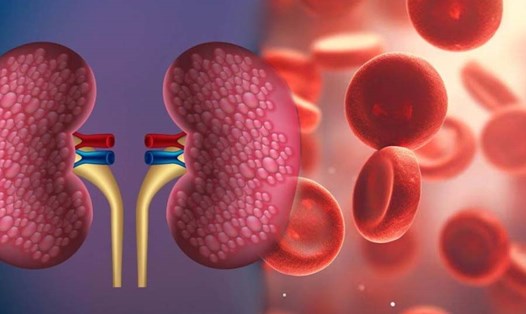Hormonal fluctuations
Hormonal changes during the menstrual cycle can affect body temperature regulation. Prostaglandins, which are hormone-like substances released during menstruation, can affect the hypothalamus (the body's thermostat), leading to fluctuations in body temperature. Additionally, changes in estrogen, progesterone, and luteinizing hormone levels can affect the body's temperature regulation mechanism, causing some women to feel colder during their period.
Blood flow changes
Menstruation causes changes in blood flow in the body, which contributes to feeling cold during your period. Blood vessels near the surface of the skin may constrict in response to the release of certain chemicals, affecting heat distribution.
Anemia
Anemia is a condition characterized by a deficiency of red blood cells or hemoglobin, commonly found in women, especially those with heavy menstrual bleeding. Inadequate iron levels can impair the body's ability to carry oxygen, leading to a feeling of coldness. Women with anemia may also experience fatigue and weakness.
Dehydration
Menstrual blood loss, especially if the flow is heavy, can lead to dehydration. Not drinking enough water can lead to hypothermia and feeling cold. During menstruation, women need to drink enough water to ensure their health.
Low thyroid function
Hypothyroidism is a condition in which the thyroid gland does not produce enough thyroid hormone. This can disrupt the body's metabolism, leading to symptoms such as fatigue and cold intolerance in women during menstruation.
Infection or disease
In some cases, feeling cold during menstruation can be a symptom of an underlying infection or disease. Pelvic inflammatory disease presents with lower abdominal pain, foul-smelling discharge, and fever.











